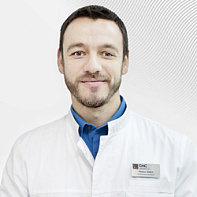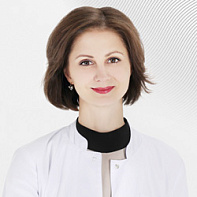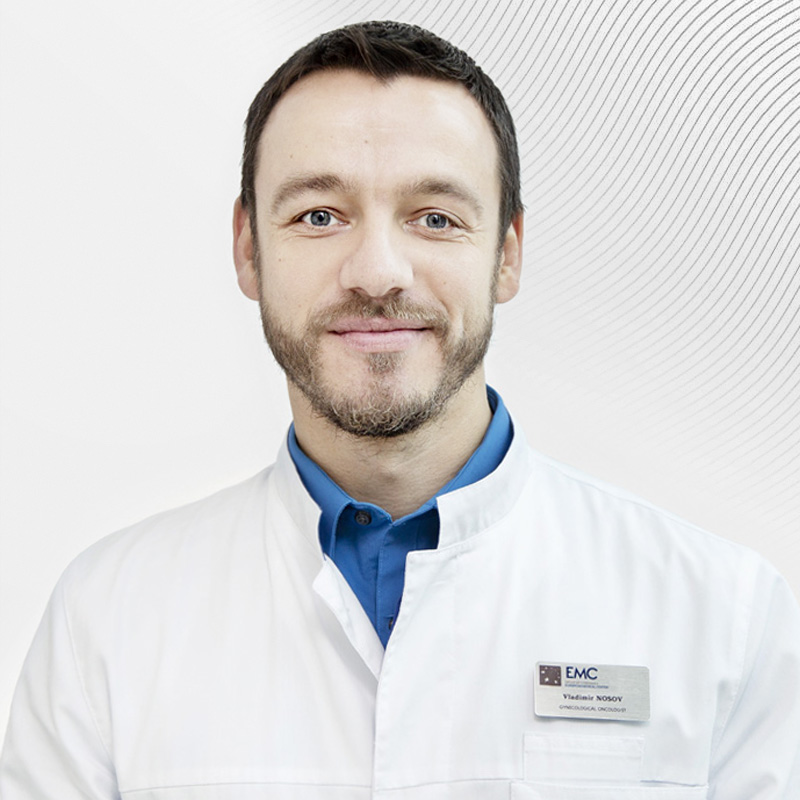Laparoscopic surgery in gynecology
Minimally invasive (laparoscopic) surgery entered the daily practice of the world's leading oncogynecologists about a decade ago. Unfortunately, such operations are still performed by a very small number of specialists in Russia. Currently, laparoscopic access performs operations of the highest complexity, which a few years ago could only have been dreamed of.
Advantages of laparoscopy over oral surgery:
- Less blood loss during surgery;
- Short period of postoperative recovery;
- The ability to start the postoperative stage of treatment in a short time, if it is recommended;
- In some cases, higher efficiency of treatment with laparoscopic intervention;
- Minimal cosmetic skin defect.
What is robot-assisted surgery?
The next stage in the development of minimally invasive surgery in oncogynecology was operations using the Da Vinci robot. Such interventions are also performed endoscopically: through several small punctures on the anterior wall of the abdomen, using miniature instruments and high-resolution optics, which allows the surgeon to see the smallest details during the operation, remove all necessary tumor foci with minimal blood loss and maximum preservation of surrounding healthy tissues.
EMC is the first clinic in Russia to begin performing robot-assisted surgeries on the latest generation system (Da Vinci Si HD), which is most adapted to use in oncogynecology.
Diseases in which laparoscopic and robot-assisted operations are performed:
- Precancerous conditions and uterine cancer (for example, removal of the uterus, appendages and lymph nodes);
- Precancerous conditions and cervical cancer (for example, extended Wertheim surgery with removal of lymph nodes);
- Some formations and tumors of the ovaries;
- Diagnosis of ovarian cancer recurrence (in some cases);
- Preventive removal of the uterine appendages and the uterus itself in some familial cancer syndromes;
- Removal of the ovaries from the area of subsequent radiation in case of malignant tumors of the pelvic organs (ovarian transposition).
Contraindications to laparoscopy:
- Severe concomitant diseases;
- Severe forms of obesity;
- Common forms of oncological processes;
- The risk of disruption of the tumor capsule and the spread of the process;
- Anatomical features of the internal organs of the pelvis;
- Significant adhesive process after surgery or inflammatory processes;
- A number of other contraindications.
Get help
Specify your contacts and we will contact you to clarify the details.
Doctors

Vladimir Nosov
Ph.D. of Medical Sciences
-

Dmitriy Subbotin
Ph.D. of Medical Sciences
-

Nenahov Filipp
Doctor of the highest category
-

Saakyan Gayane
Doctor of the first category
-
.jpg)
Shpachenko Viktoria
-

Borovkova Ekaterina
Doctor of the highest category, Professor, Doctor of Medicine
-

Madan Korneliya
-

Kovaleva Larisa
Specialist in Gynecological Endocrinology, Ph.D. of Medical Sciences
-
.jpg)
Loginova Olga
Ph.D. of Medical Sciences
-

Charkhifalakyan Arevik
Head of the Gynecology and Oncogynecology Clinic
-
.jpg)
Panfilova Olga
Leading specialist in prenatal fetal diagnosis, Ph.D. of Medical Sciences
-

Maximova Yuliya
Head of the Center for Aesthetic and Reconstructive Gynecology, Ph.D. of Medical Sciences
-
Vladimir Nosov
Ph.D. of Medical Sciences
- An expert oncogynecologist is a surgeon with more than 26 years of experience, including experience working in leading hospitals in the USA
- A leading Russian specialist in the field of robotic surgery in oncogynecology
- Graduated from the Moscow Medical Academy named after I.M. Sechenov
- Graduated from the Moscow Medical Academy named...
Total experience
27 years
Experience in EMC
since 2012




